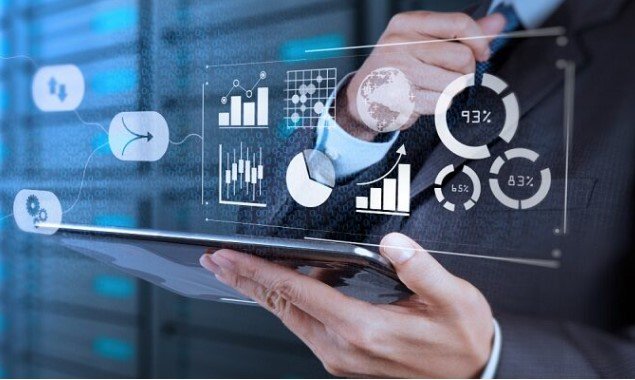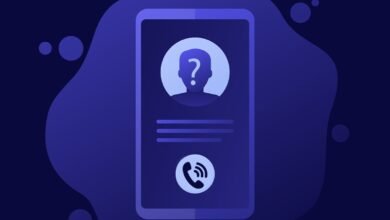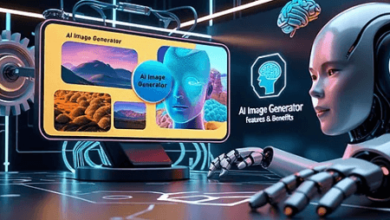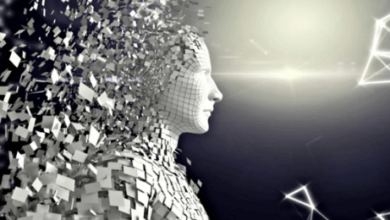The Evolution of Data Verification Systems in Modern Business

In this digital era, businesses worldwide depend on highly developed data verification systems to ensure secure commerce, safeguard critical information, and identify individuals. With more and more businesses going online, verifying data has always been a must.
For example, DMDC verification of military status is critical in verifying people’s identities, safeguarding against fraud, and confirming compliance. In this article, we look at how data verification has evolved and which sectors these systems serve.
Secure Transactions
Data verification systems are one of the primary functions to do secure transactions. In particular, financial institutions rely on these systems to stop fraud and authenticate their identity. Banks use verification tools to verify if customers are entitled to access accounts or pass on large transactions. Verification systems ensure that authorized users can only access sensitive information so that the risk of identity theft and fraud – which have skyrocketed as financial transactions have moved online – is minimized.
Several verification systems to curtail secured transactions are implemented using multifactor authentication (MFA), requiring customers to verify their identity via multiple steps. These steps could include biometric authentication, one-time passwords, or unique security questions. Digital verification is also used by financial institutions to verify employment status, income status, and credit history to approve loans and credit cards. These layers of security enable a safer place for customers and businesses.
Employment Verification
Background and employment checks help many employers ensure they are hiring trustworthy employees. Data verification systems help streamline the employment verification process by quickly checking a candidate’s previous work experience, educational background, and military status, if applicable.
The retail industry has widely used verification systems to guarantee safe shopping on the web. Data verification tools on e-commerce platforms help validate a buyer’s identity and prevent fraudulent purchases.
Verifying customer information lets retailers reduce chargebacks and ensure the safety of their online transactions. This is especially important in verticals where purchased items are high-value items like electronics or luxury goods.
Identity verification is also used by retailers to confirm the age of predetermined purchases, such as alcohol or tobacco products. Online retailers can prevent minors from purchasing restricted items by cross-checking the data submitted by the customer with verification databases, thereby satisfying legal requirements. This means retailers are allowed to do business within the law and shield them from liabilities.
Compliance and Financial Institutions
Verification systems verify the identity of new clientele for financial institutions and monitor those of existing clientele from appearing to engage in suspicious activities. Data Verification in financial institutions can be as simple as verifying the personal information of your customer, including the address on file, social security number, and a run of their financial history.
This helps ensure that the institution isn’t unknowingly assisting in criminal activity and verifies the identities of customers who say they are somebody else. With regulations becoming tighter, financial institutions will probably depend even more on data verification to satisfy these evolving standards.
Read also: Technology Stack for Medicine Delivery App Development
Do Governments Use Identity Verification Systems?
Private companies are not the only ones that use verification systems. Government agencies also rely on them to manage benefits and provide services to citizens. Systems like the DMDC verification of military status play a key role in ensuring that benefits reach eligible service members and veterans. Government agencies also use this data to verify eligibility for health care, housing benefits, and education assistance.
Often, government verification systems overlap the same system used by employers and financial institutions, allowing them a more complete scope of individual history. It aims to ensure accuracy and fraud across all sectors of the economy, and this interconnectivity plays its role. That’s why veterans and active duty military personnel get their entitled benefits without delay and with less of a potential for abuse.
Final Thoughts
As the need for secure, accurate, and real-time identity verification unfolds, it is natural that data verification systems follow suit. When creating a safer, more transparent environment for consumers and businesses, they protect financial transactions, verify employment, and provide government benefits.
Thus, through advanced technology development, verification systems will continue to change to stay a reliable identity anti-fraud.





